On the Minimax Approach to Overcoming Prior Uncertainty and Application to Pattern Recognition Problems
Alexander Alexander
We consider the problem of testing many statistical hypotheses with incomplete information of a priori distribution of hypotheses. A minimax deviation (regret) of the average risk from the Bayes risk for a known a priori distribution serves as the optimality criterion. In contrast to traditional minimax method (with respect to a conditional risk) our approach makes it possible to control the excess of the risk over the risk of the optimal rule under complete prior knowledge. It appears that the optimal rule is Bayesian relative to some specific prior distribution. Generally speaking the structure of this “least favorable” distribution depends on the type of prior uncertainty, loss function and the distribution of observations. We present the relations which enable us to find a least favorable distribution and parameters of the minimax rule and minimax regret. Several types of prior uncertainty are considered: from complete uncertainty to partial uncertainty with various types of restrictions. The general results are illustrated by examples from various fields such as detection, identification, classification and pattern recognition.
1994-09-01

